Accusations Against the National Director of the PJ
The president of the Liberal Initiative (IL), Rui Rocha, has accused the national director of the Judiciary Police (PJ), Luís Neves, of utilizing "truncated data" regarding crime in Portugal. Rocha claims that Neves's misleading statistics have created confusion regarding the relationship between crime and immigration and has announced plans to summon him to the Assembly of the Republic (AR) for clarification.
Rocha stated on social media platform X (formerly Twitter), "The national director of the PJ, Luís Neves, asserts that the feeling of insecurity is generated by the rise of misinformation. However, he himself has used truncated crime data to create confusion."
Clarification Request
In his message, Rocha emphasized that the IL will call upon Neves to provide explanations, insisting that security policies must be based on facts.
Neves’s Position on Insecurity
During a conference marking the 160th anniversary of Diário de Notícias, Neves articulated that the feeling of insecurity is largely driven by increased misinformation and hybrid threats, asserting that the statistics on violent crime contradict this notion. He remarked, "We are witnessing a moment of misinformation and hybrid threats, which is leading to a misperception of insecurity."
Historical Context of Crime Rates
Neves cited historical examples, questioning the comparison of today's crime rates with those of the 1980s and 1990s, when heroin use was rampant and crime levels were significantly higher. He referenced data from 2009, highlighting that there were 888 attacks on security vehicles and financial institutions, stating that today's figures represent less than 4% of that number.
Immigration and Crime
Addressing the issue of foreigners and crime, Neves differentiated between crimes linked to transnational criminal organizations, cybercrime, and drug offenses, asserting that these cases do not typically involve immigrants. He noted that Portugal serves as a gateway to the EU for individuals from Latin America and Africa, often leading to the arrest of drug mules, who are frequently impoverished individuals. Neves pointed out that the number of detainees from non-European countries is relatively low, with only 120 individuals from Asian countries among over 10,000 inmates in Portuguese prisons.

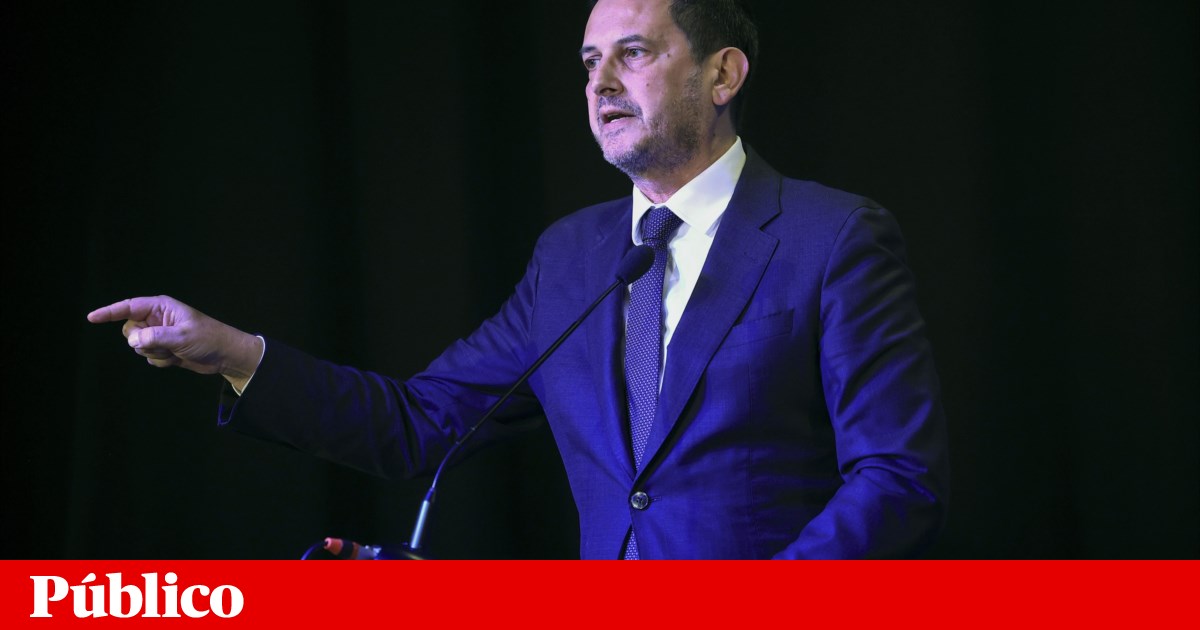

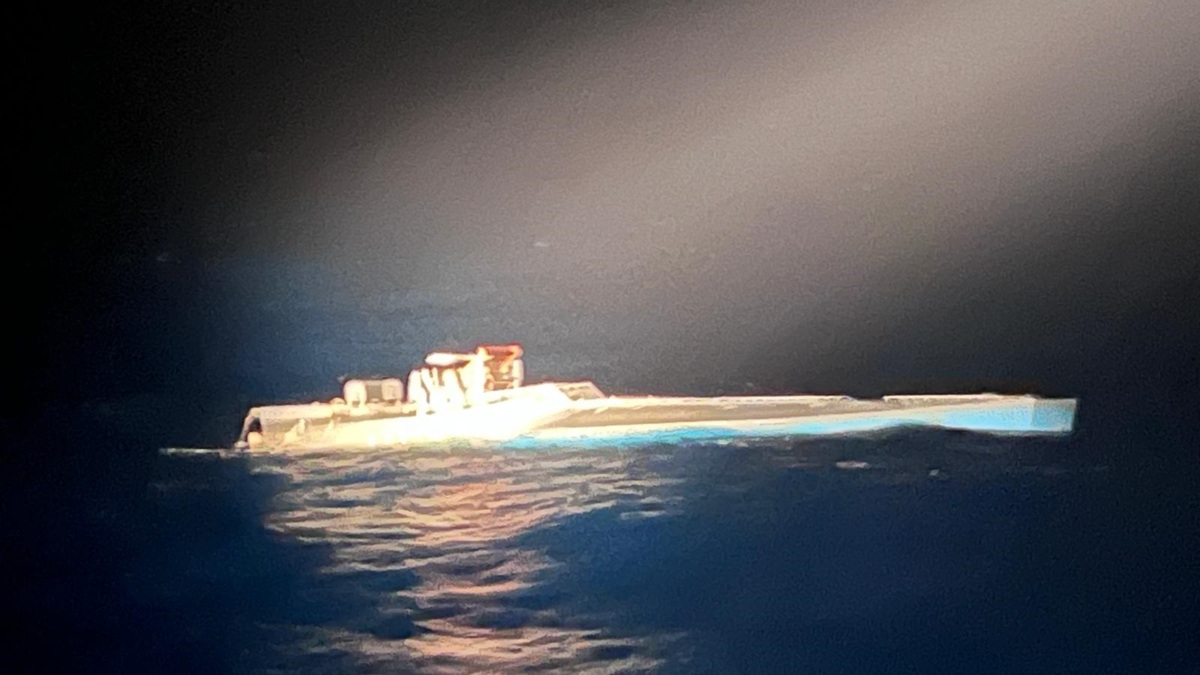


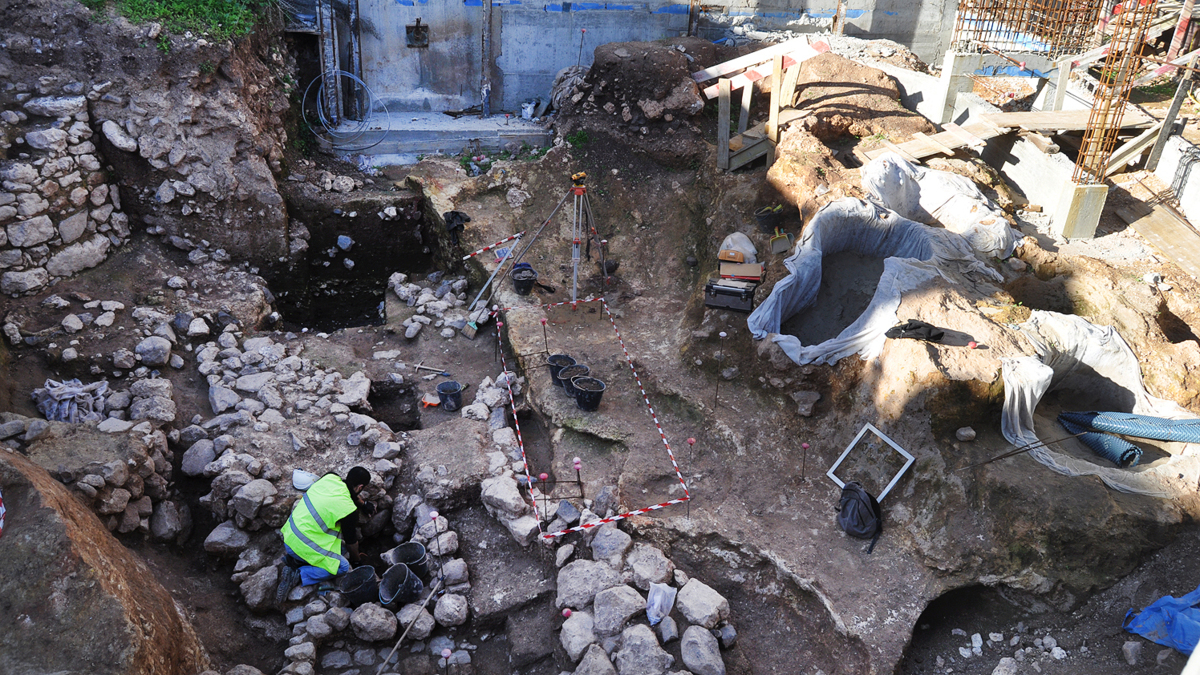

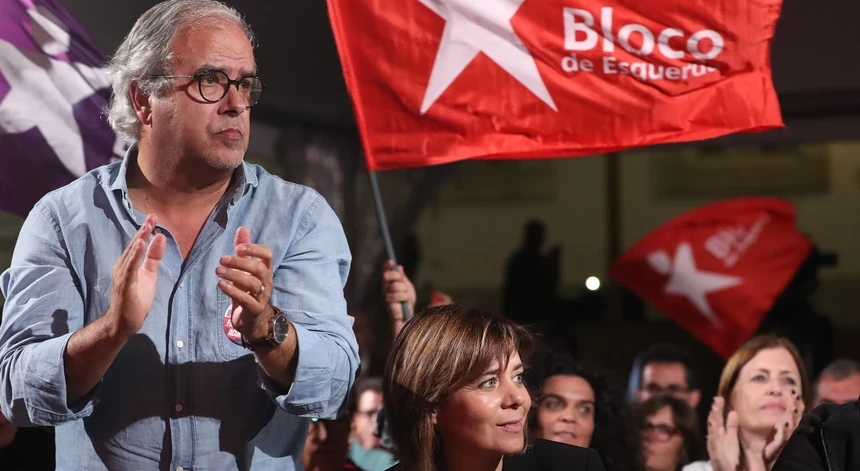



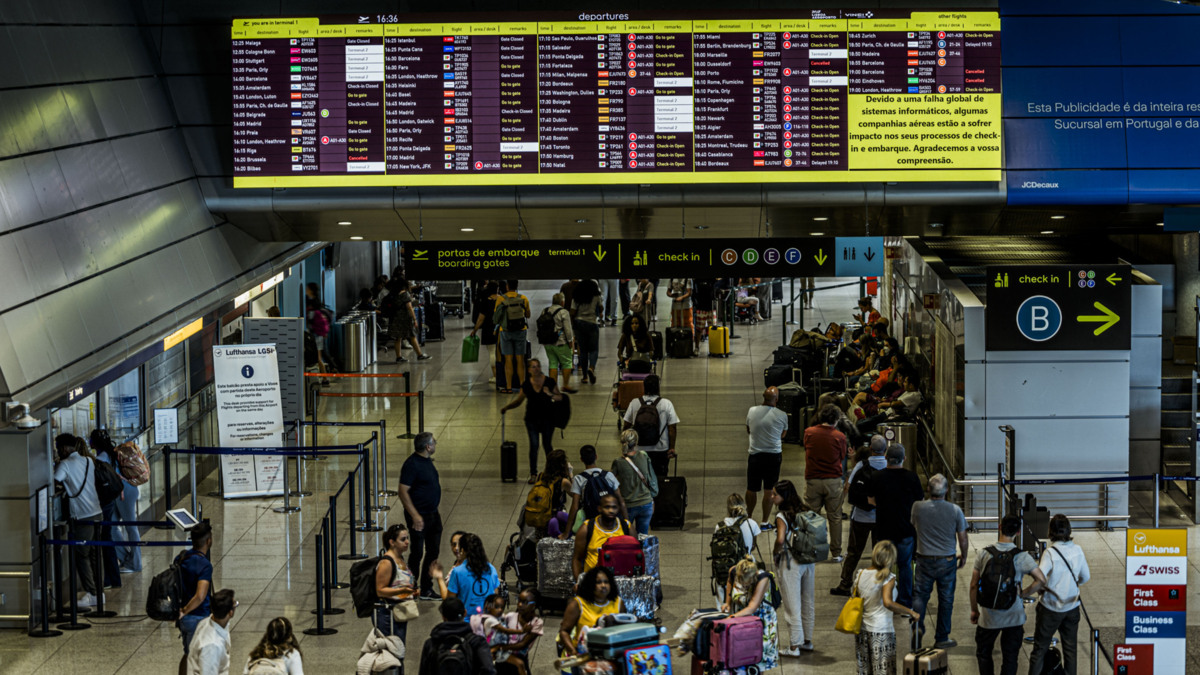
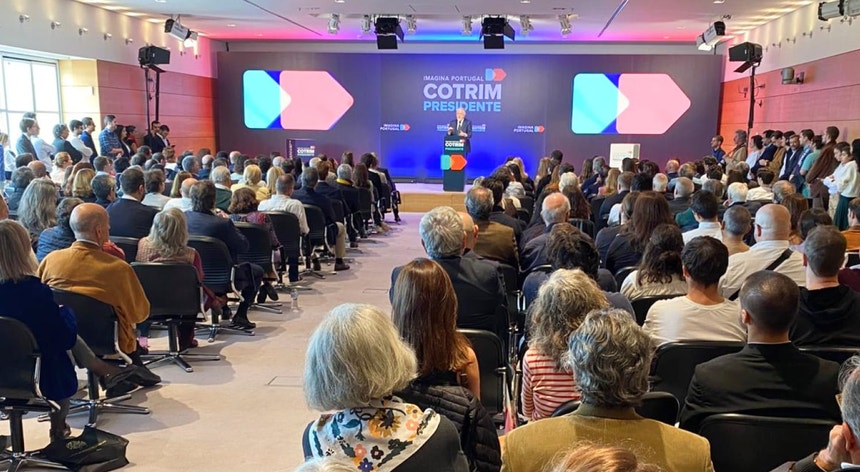

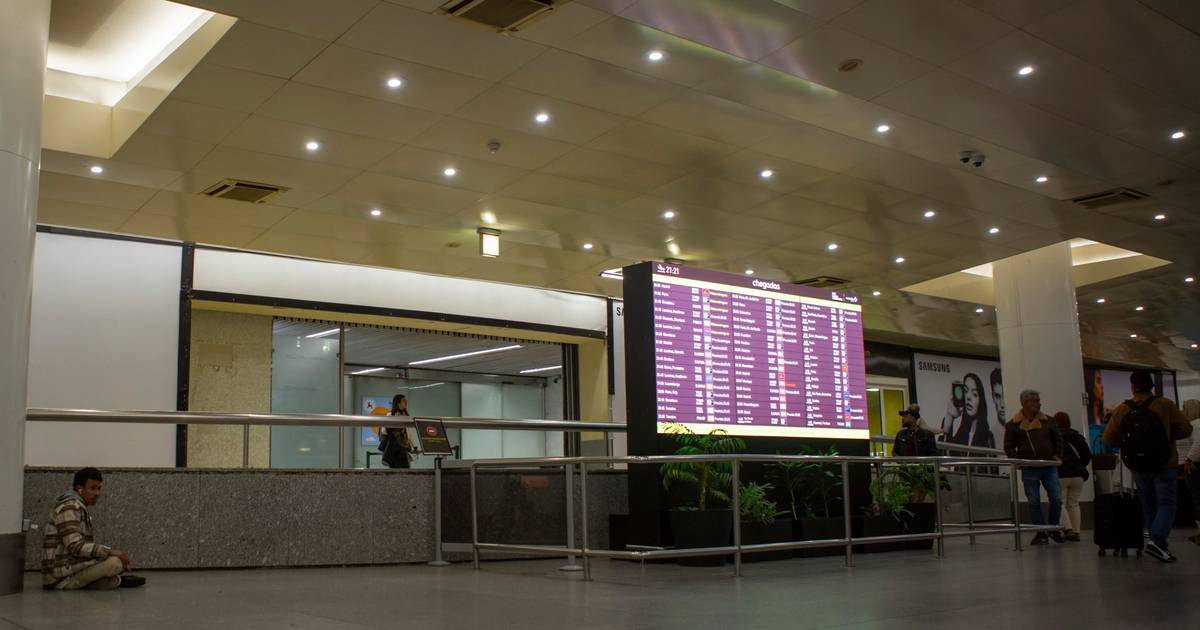
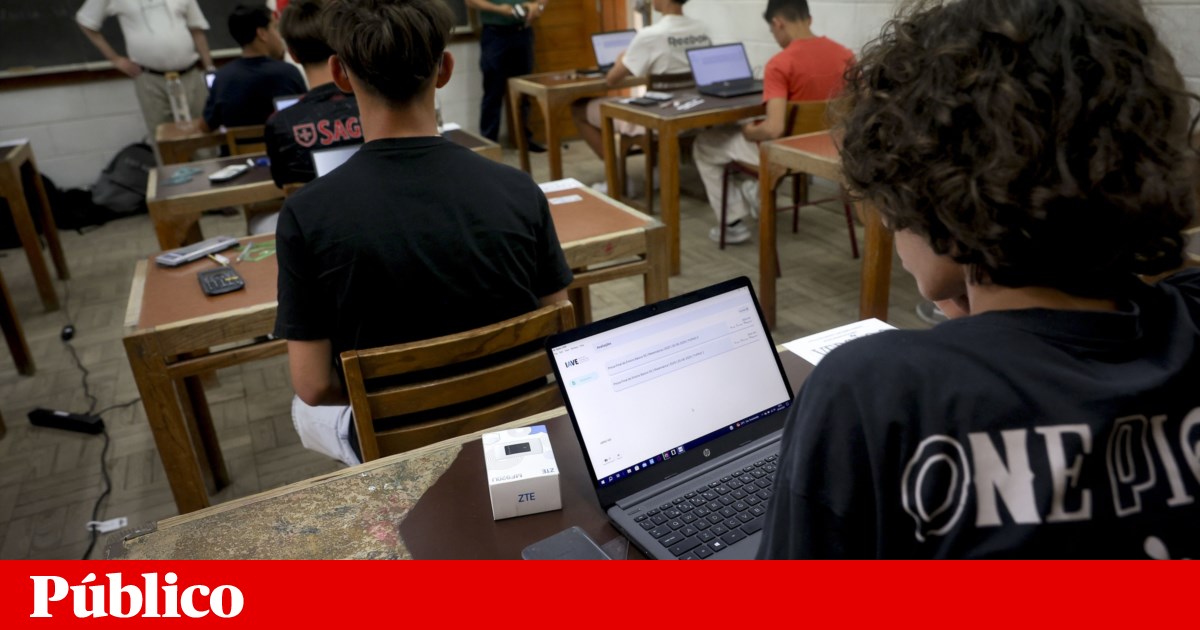


Comments
Join Our Community
Sign up to share your thoughts, engage with others, and become part of our growing community.
No comments yet
Be the first to share your thoughts and start the conversation!